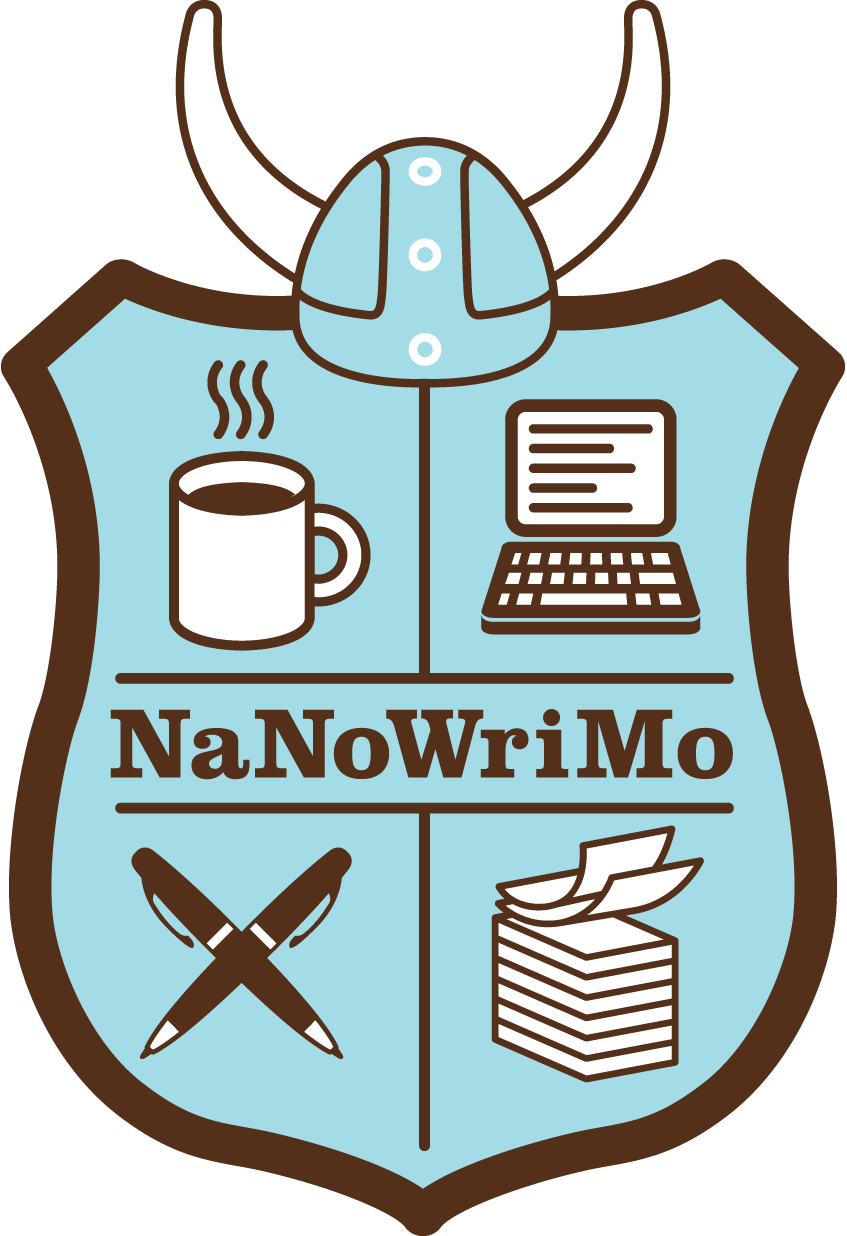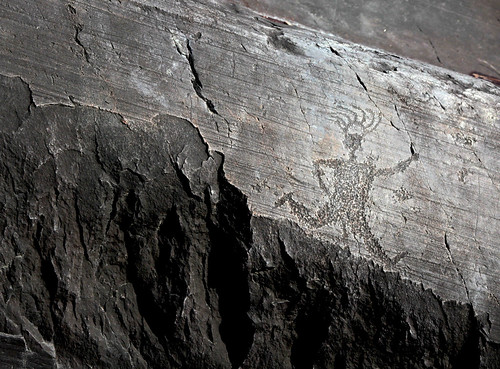We’re back after a short break with a new installment of Aspiring Voices. This week I’m happy to welcome Susan Stuckey to the interviewee seat. She talks about the spirited inspiration that keeps her writing, the challenges of staying on track with your vision, and highlights the importance of teachers.
Paul: What would you say was the catalyst for making the pursuit of writing a priority for yourself?
Susan: Back when i first started writing I was told by a member of a writing group I belonged to that i would never write anything worth reading. I decided to prove that statement wrong.
Paul: That’s an incredibly positive response to such negativity. Have you found a different (hopefully) better in-person writing group, or did that experience kind of turn you off from the whole scene?
Susan: There aren’t any “in-person” writing groups anywhere nearby, and feedback is important. I searched for on-line groups. Tried several of them. Found one that was tolerable (better than the others in most ways).
Paul: Is there a part of writing that you find particularly difficult?
Susan: Motivation
Paul: Describe your process a little. Do you plan and outline extensively? Do you discovery-write?
Susan: I think that is has become part of the motivation issue. When I first started I was a pantser. All I knew when I started writing was the beginning and the ending – and the adventure was finding out what came between those two points. Then I was convinced by others that I should outline. I tried. I really, really tried, but discovered I couldn’t work with an outline. But I think the damage was done and the stall induced by trying to outline just continues now fed by my own self-doubt.
Paul: What would happen when you tried to write with an outline? Did the structure get in the way of your process? What are you doing now to try and overcome that doubt?
Susan: With an outline it means you know it all already – you have point “X” beginning & point “Y” and everything inbetween. So where’s the adventure, the fun of discovery? So I wrote nothing. After I realized the issue, I tossed out the outlining and and now trying to recapture my old “pantser” fun (and frustration when the writing heads down a sidetrack).
Paul: So when you discovery-write, do you have any idea of the ending or are you taking the journey along with the characters, as clueless as they are where it will lead? You mentioned the sidetracks that pantsing can sometimes lead to. How do you identify when a discovery-written story has gone off the rails and what do you do to bring it back?
Susan: I know the beginning and a general ending. The “off track” is either discovered in editing – or when a block is reached and I’m trying to figure out why the story won’t progress. Usually those scenes/chapters etc that are off track are snipped out and put in another file. They sometimes become another story.
Paul: What was the first story you remember writing where you finished and thought, “Yeah, there’s something here”?
Susan: I wrote a ghost story in high school. I kinda thought it was “cute” but the English Teacher called me into her office to talk about it. You have to understand this English teacher was demanding, strict, and didn’t believe in false praise. I was scared to death (knees quaking, hands sweating etc) as I made my way to her office. She totally floored me because she loved the story and told me I had talent and from now on she wouldn’t accept anything but the best from me.
Paul: This is a nice flip side to the writer’s group thing. Was this teacher instrumental in shaping your interest for writing? Have there been other teachers that helped ignite that fire to write?
Susan: Just the one about writing, but there were several who encouraged and ignited the “fire” to always do one’s best.
Paul: Tell me about the best book you’ve read recently.
Susan: Wheel of Time: A Memory of Light. The book has been discussed to death by people. Suffice it to say that I thought it was an amazing conclusion to the fourteen book series and very well done.
Paul: Were you familiar with Brandon Sanderson when he took over the series after Jordan passed away? What did you think of his handling of the series’ end? Did you notice a distinct shift post-Jordan?
Susan: I had no idea who Sanderson was before the announcement. I thought the books he wrote from Jordan’s notes were some of the best of the series.
Paul: Have you read any of his solo books? I actually gave up on the Wheel of Time before Sanderson took it over, but I’ve read a couple of his Mistborn books and found them to be really great.
Susan: I’ve read his Mistborn Trilogy. I started the first book of another series he wrote, can’t remember the name of the book now, but I couldn’t finish it then. I’ll pick it up again one of these days and try it again.




